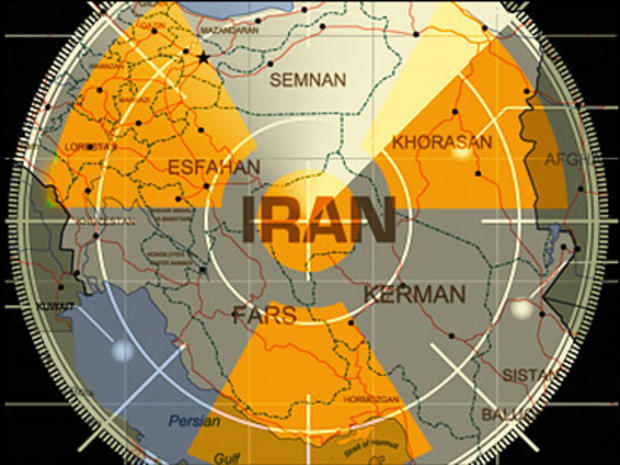U.N. nuke agency notes progress on Iran program
VIENNA A senior U.N. official announced progress Friday in long-stalled efforts to resume a probe of suspicions that Iran may have worked to develop nuclear arms, saying the investigation could be restarted by early next year.
Herman Nackaerts of the International Atomic Energy Agency spoke of headway after returning from talks with Iranian officials in Tehran, saying his team was "able to make progress" and the IAEA expects to "start implementing" an agreement on the probe shortly after new talks in Tehran on Jan. 16
He acknowledged that a key IAEA request — a visit to a site linked to suspected nuclear activity — was again denied. But he told reporters at Vienna airport that he expected IAEA experts to be allowed to go to Parchin and follow up on suspicions it might have been used as part of secret arms-related experiments once the probe is resumed.
In Tehran, Iran's state TV made no mention of progress, reporting only that there was no agreement on visiting Parchin. But Iranian envoy Ali Asghar Soltanieh also said a new meeting was set for Jan. 16.
While Nackaerts' comments gave cause for some optimism, they were not the first instance of a senior IAEA official saying that the standoff was close to resolution.
Returning from Tehran talks more than five months ago, IAEA chief Yukiya Amano said the two sides had agreed on "an almost clean text", saying a breakthrough deal would be signed soon. Follow-up IAEA-Iran meetings did not yield significant results.
- Sweden charges man with trying to sell Iran uranium enrichment hardware
- Iran: Nuclear enrichment advances with "intensity"
- Iran reportedly admits helping Gaza militants produce long-range missiles
- AP: IAEA has new intelligence showing Iran carried out nuclear warhead research
Iran says it does not want atomic arms and has justified a nearly yearlong delay in cooperating with the IAEA's probe by saying that a framework regulating such an investigation must be agreed on first. But as talks on such an agreement have dragged on, agency officials have complained that they may be nothing more than a delaying tactic.
They are particularly concerned that such delays can hurt their efforts to investigate Parchin. The IAEA suspects that Iran has conducted live tests of conventional explosives there that could be used to detonate a nuclear charge and cited satellite photos indicating a cleanup of the site, at a sprawling military base southeast of Tehran.
Iran denies it is sanitizing the site, but Amano has warned that his agency's chances of a meaningful investigation there are diminishing.
Nackaerts offered no details on the substance of his talks. But diplomats familiar with the negotiations have said previously that the agreement was stalled because the IAEA wanted repeated access to sites, officials or documents of interest. Instead, Tehran demanded that once such access was granted, the person, document or site be off limits to the IAEA for repeated visits, questioning of viewing.
Amano's announcement of a nearly done deal in May came just days before the two sides met in Baghdad for a new round of negotiations meant to defuse tensions over Iran's nuclear program before leaving the negotiating table with little progress made.
This time, Nackaerts spoke of movement on the probe as Iran and six world powers again prepare to meet. The six nations hope the talks will result in an agreement by the Islamic Republic to stop enriching uranium to a higher level that could be turned relatively quickly into the fissile core of nuclear arms.
Iran denies such aspirations insisting it is enriching only to make reactor fuel and to make isotopes for medical purposes.
By compromising on the IAEA probe, Iran could argue that the onus was now on the six powers to show some flexibility, temper their demands, and roll back U.S. and European sanctions that have hit Iran's critical oil exports and blacklisted the country from international banking networks.
The IAEA has already visited Parchin twice — the last time in 2005. But it did not have access then to satellite imagery then and visited buildings other than the one now pinpointed by the aerial photos.
